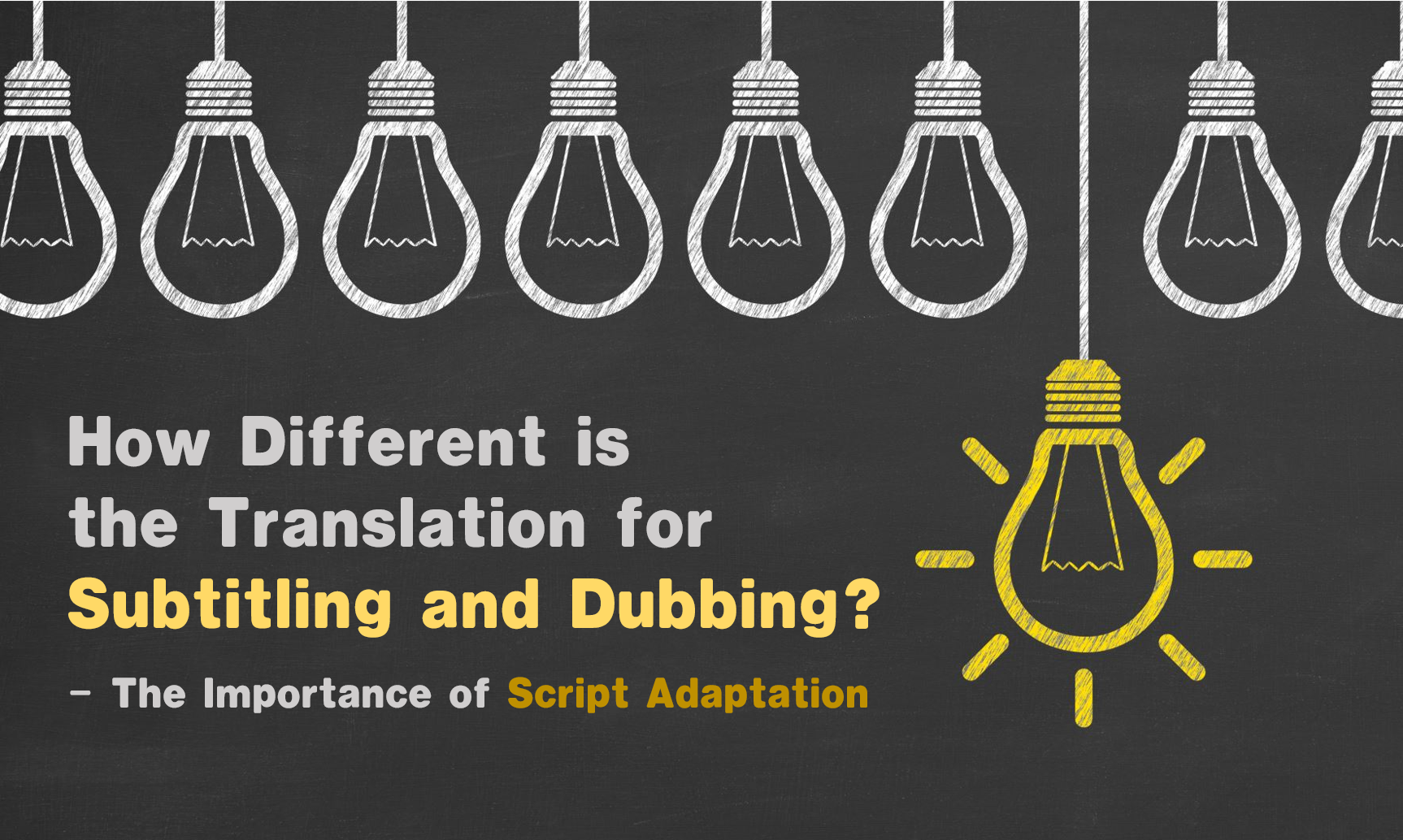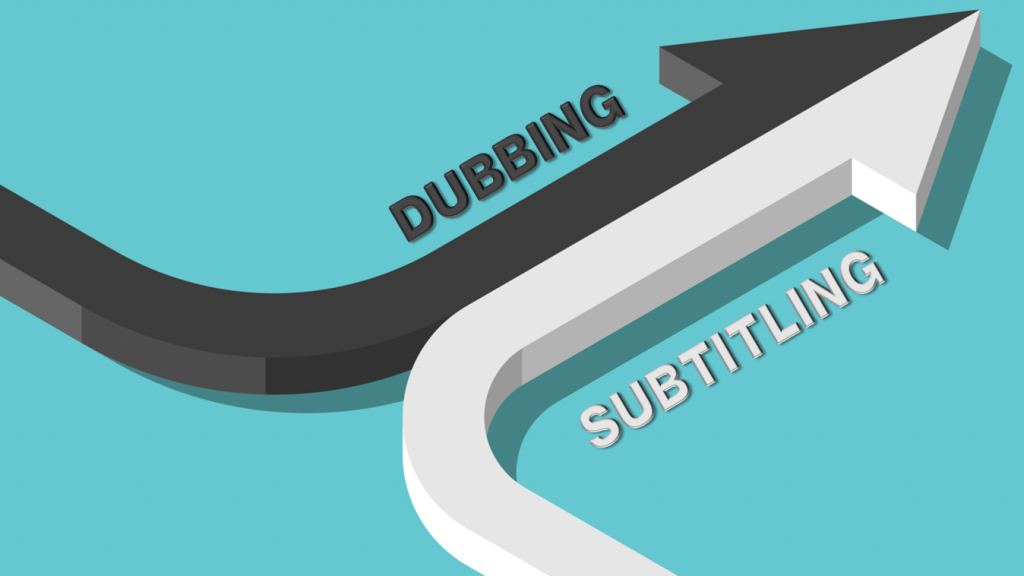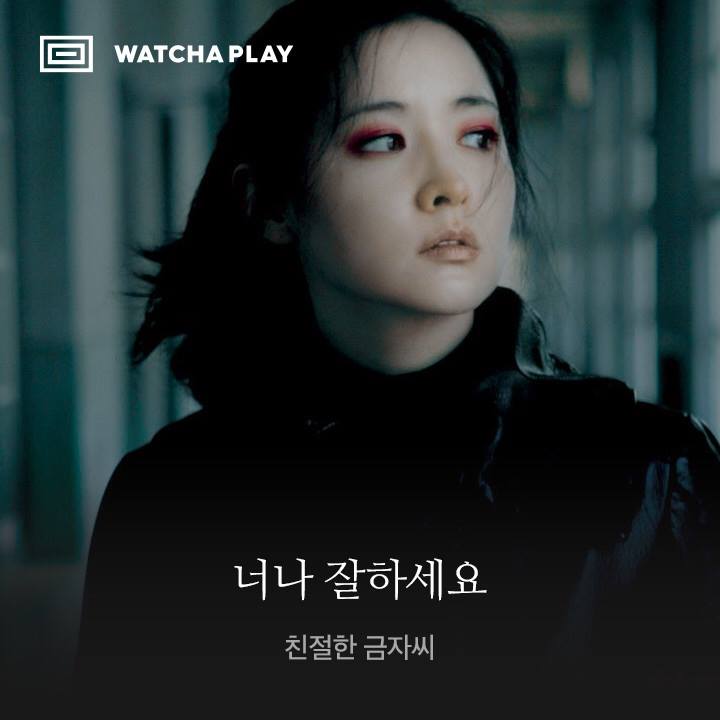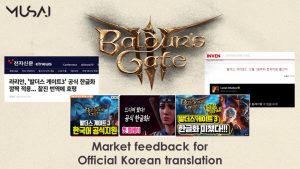[MUSAI] How Different is the Translation for Subtitling and Dubbing? – The Importance of Script Adaptation

2020-07-09
The role of translation is much more powerful than you imagine. One brilliant translation can make the entire contents come alive, and likewise one boring translation can make the contents lose the pleasure of itself. In terms of games as one of the creative content genre, most of titles which have been received the favorable feedback from gamers over the world have not only the solid contents but also the sophisticated translation behind.
However, no matter how the translation looks perfect on the screen, it becomes totally different when it comes to dubbing. That’s why the script adaptation is an inevitable process and we explained all the basics in the previous post. (“All about the script adaptation for game dubbing” – http://blog.musaistudio.com/musai-insight-all-about-script-adaptation-for-game-dubbing) In facts, it’s still understandable for gamers and game developers to think ‘how could there be such a big difference?’. For the question, we have a strong answer ‘Yes, there is a huge difference.’

Dubbing is a process to place the recorded voiceover files into the completed video
That means dubbing is generally required to match up the speech to the character speaking on screen.
To match up the length, several steps are needed, and it takes a chunk of time. First, compare the length of the original text and the translated one, and try to stick to the rough length of the original. Next, compare the translations with the original audio files and read them out to check the length for speech if needed. Even though your script is completely ready for dubbing, the script adaptation may be needed again during the recording session due to the style of voice actor, artistic director’s interpretation, etc.
What if the translation without the adaptation is used for the recording session directly? Of course, the recording session takes more time to edit the script for lip-sync and the quality of translation can’t be good under the limited time.
Don’t forget about ‘Speaking speed’
As for the length, when you work on the script adaptation, there is another big variation between the subtitle and dubbing to be considered – speaking speed. For example, even though the text is long, it can be spoken fast with the angry or high tension for dubbing (e.g the exclaimation in the middle of battle). Likewise, the short text can be spoken slowly according to the sad emotion or situation and even the character’s personality. (e.g. the dialogue from cinematic clips in games)
The difference of speaking speed depends on the sexuality also exists. It’s not always but usually females speak faster than males. If the vocabularies to pronounce difficult are used a lot, it can affect the speed. (Imagine there are tons of tongue twisters in the sentence!)
Therefore, the length of sentence in a dubbing script should be counted the number of words, plus the speed of speaking. And there are many factors to affect it such as the acting style of voice actor, characters’ personality, sexuality, pronunciation of vocabs, etc.
The unavoidable topic, honorifics
To be more specific in terms of language, there is an unavoidable topic – the honorifics. If the target language for dubbing has honorifics and certain expressions for respect such as Korean and Japanese, the high level of consideration is needed for the script adaptation. Actually, the honorifics in Korean may be inconvenient and sounds complicated for translators but they can be a powerful method to create colorful characters and intensive conversations in games.
The thing is, the rule of honorifics between text and speech in daily life is slightly different for some reason so it should be reflected in the script for dubbing. For example, let’s say you have to describe a character with a completely wild and sarcastic personality. Normally, it’s easy to come up with the thought it won’t use honorifics at all in a conversation. However, sometimes honorifics with a sarcastic tone and acting style can be more natural ironically and resonate with the users.
Furthermore, the combination of polite and impolite expressions in one sentence can make a satirical and humorous impression in a conversation. For instance, ‘너나 잘하세요(Mind your own business, please.)’ from the movie named ‘친절한 금자씨 (Sympathy for lady vengeance)’ is like a legendary line as a clever use of the combination in Korea. It was mixed with the impolite word ‘너나’ and the polite word ‘잘하세요’. The sentence was very simple but showed the heroin’s personality very well in the scene so the phrase has been a famous buzzword among people for a long time.
Of course, the script adaptation for games is not a creation of a new conversation. However, if you play with the honorifics in a smart way, it can help you describe the characters for the game effectively.

External factors can affect the script adaptation
Sometimes the launching dates for the subtitle edition and dubbing edition are different due to the business strategy or some other inevitable situation. In this case, the script adaptation process requires more consideration. Since the subtitle editions are usually launched first, the players get used to playing with it before being exposed to the dubbing version. Therefore, in the adaptation phase, it shouldn’t make big changes between the subtitles and dubbing script because the players are already familiar with the lines and big changes can cause confusion for them. At the same time, it is also considered for players to have fun to compare the expressions between the subtitle and dubbing. So, the editors are more cautious when they choose the vocabularies and rephrase the sentences.
Again, the script adaptation is worth for your game
When you think of the differences between speech and writing in a daily life, it’s not hard to reach the conclusion that the translation for the subtitle and dubbing are totally different. That’s why the script adaptation is necessary and enough time for the process should be guaranteed.
The script adaptation is one of the most important process for Musai as an effort to take the quality to the next level for each project. We believe more efforts make higher quality. We do believe that script adaptation is one of the key factors to produce natural and smooth voiceover, so that it can provide the immersive paly to the Korean gamers.
** Did you enjoy the news of Musai? Please click subscribe and share the story.
BOOST YOUR PLAY! Musai Studio







